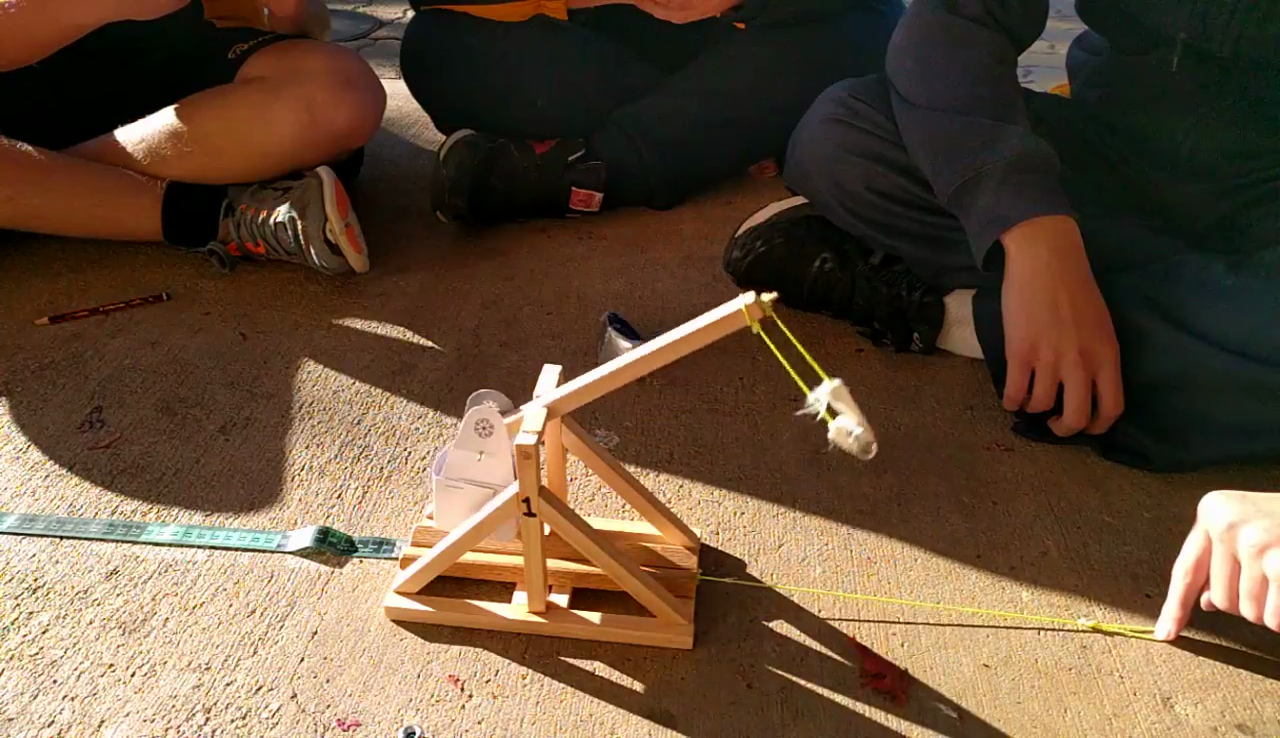If I thought last week was busy, I was wrong.
This week was my first full teaching week and I didn’t realize it last week, but on Tuesdays I actually have 6/6 lessons teaching. Double 10 science, double 8 science, 12 physics (observation/tutoring) then 8 math. Then we had a staff meeting. Tuesday’s lessons went off rather well because I had 4 lessons on a Monday to prepare for it. There were a few things I learned:
- It’s better to have a general week plan instead of 4 lessons plans because lessons doesn’t go exactly as you’d hoped. Sometimes my explanations didn’t get through to all students and other times activities took longer than I expected. I guess with time and experience you get better at judging these things but having a goal for the week means your lessons can be a bit more flexible. At the moment (and probably for a wile to come), I plan some learning intentions, achievement outcomes and then a staging of activities. The rest is a bit creative.
- Teaching year 8 math is hard because the skills of students vary so much compared to that of a specialist math class. I felt well prepared to teach year 12 specialist math but going into a year 8 class has been really good for me this week. The words of our university math tutor, Carol, rang true: “Don’t reward your good students with more work”. I now take in puzzles and math challenges to students so they have something to work on if they get their text book exercises done. Once someone has finished, the rest of the class sees the challenge and generally wants to get involved too and work harder.
- I got to set and mark a year 8 math quiz and through that found that the boys that I thought were previously far behind in their learning were actually at about the same level as the rest of the class. They are smart kids and learn fast but don’t have much motivation to do any work. No amount of extrinsic motivation will help them so relationship building is the go.
- I got those same boys to do lots of work in their science by again giving them a time deadline (like the spinners last week) and giving them the privilege to work outside on their trebuchet practical. Setting expectations and getting to know these boys helped hugely.
- I need to work on my phrasing when talking to disengaged students. Instead of politely asking “why haven’t you started your design practical report?”, I should ask “How can I help you start your design practical report?” The aim is the same – get the student to do work, except with the second option you haven’t backed them into a corner and asked for an excuse. They can only suggest a way for you to help them.
I also got to go to nine-a-side foot ball on Thursday as an extra body to supervise the kids and offer some football wisdom. It was a fun change of pace and a chance to write a relief lesson. My mentor’s tips were not to assume that the teacher that will take your class has any content knowledge in your area whatsoever and to write a relief with that in mind.
Next week I get to teach how surface area affects the rate of chemical reaction and I plan to use that topic to bring a bit of my life experience into the class and show how these sorts of concepts are used in situations where we don’t simply mix two reactants together. My hope is that my story builds a relationship with some students and shows that this chemistry topic can be used in a range of applications.

